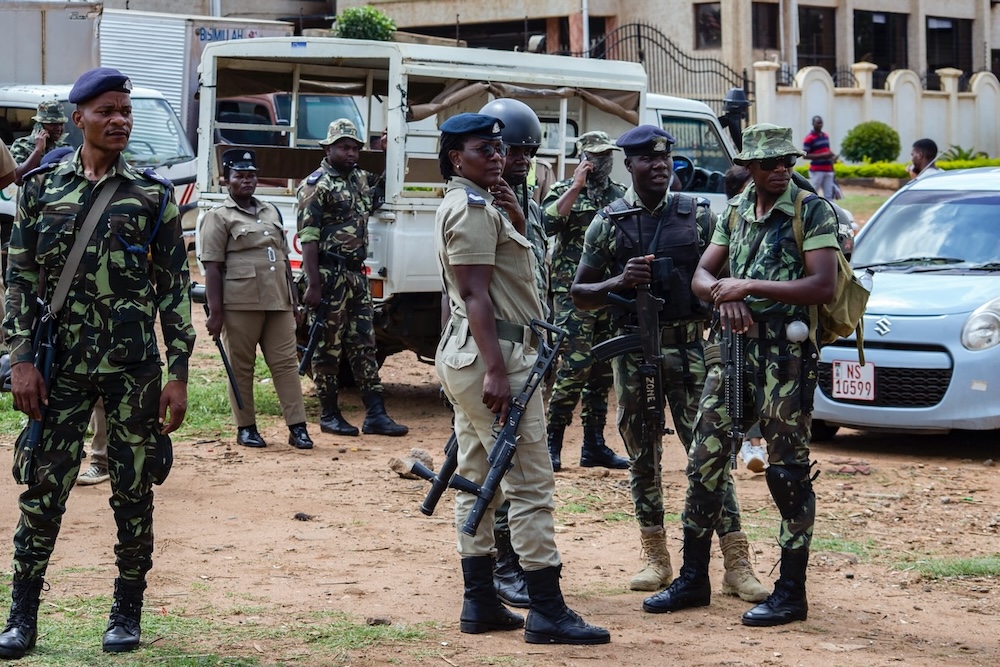
Kenyan security forces sealed off central Nairobi on Monday morning ahead of nationwide anti-government protests, blocking key roads and flooding the capital with police as much of the city ground to a halt.
The demonstrations, known as Saba Saba (“seven seven” in Kiswahili), mark the anniversary of the 1990 pro-democracy uprising that helped end one-party rule. This year’s protests have been driven largely by youth-led movements, demanding accountability, an end to police brutality, and better governance.
By mid-morning, long-distance buses were stranded as major roads into the city—including those leading to State House and Parliament—were closed, many barricaded with razor wire. Hundreds of commuters were turned back at checkpoints set up more than 10km from the city center. Schools and businesses remained closed, and foot traffic was light across most of the capital.
Police said the shutdown was aimed at protecting lives and property. “Maintaining order is our constitutional duty,” the force said in a Sunday statement.
In the Kabete area, about 13km from the city center, passengers offloaded from overnight buses said they could not afford alternative transport. “We started traveling at 8:30pm last night… The government should talk to the Gen Zs to end this,” said bus driver Humphrey Gumbishi.
In other areas, clashes broke out between police and protesters attempting to breach the security cordon. Tear gas was fired in Kitengela, Thika Road, and Kamukunji, the symbolic ground where the original Saba Saba protests erupted in 1990. Protesters lit fires and chanted slogans, facing off with riot police.
Civil society groups reported fresh intimidation over the weekend. On Sunday, a gang of about 25 men stormed the offices of the Kenya Human Rights Commission (KHRC) in Nairobi during a women-led press event. KHRC spokesperson Ernest Cornel said the attackers carried clubs and chanted slogans warning against protest. Journalists were robbed and laptops stolen, he said.
Last year’s Saba Saba anniversary saw at least 19 people killed in nationwide protests, most of them during anti-tax demonstrations. The death of teacher and blogger Albert Ojwang in police custody last month reignited public anger. Six people, including three officers, have since been charged with his murder.
Now marking its 35th anniversary, the Saba Saba movement remains a powerful symbol of civic resistance in Kenya. But with police deployments rising and tensions deepening, today’s protesters face many of the same state tactics as those their predecessors challenged decades ago.




